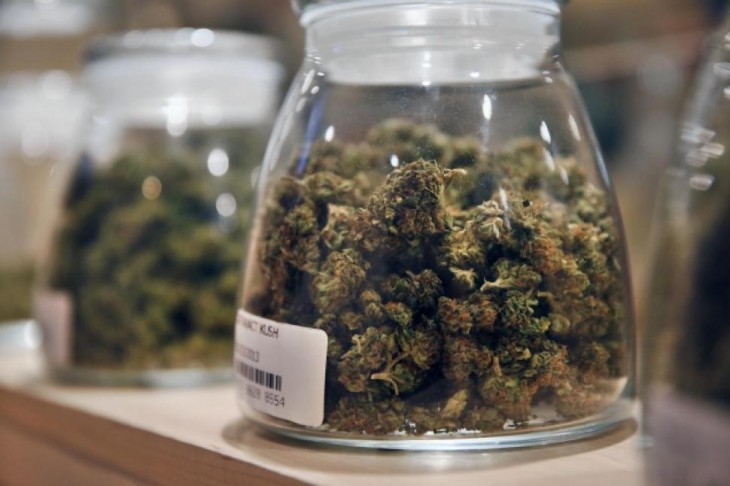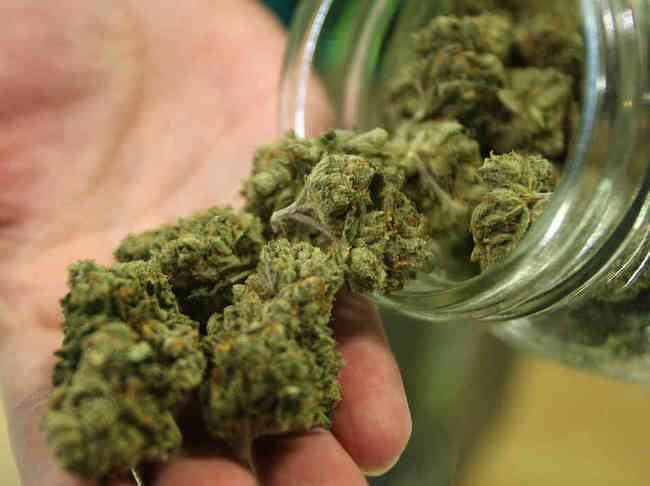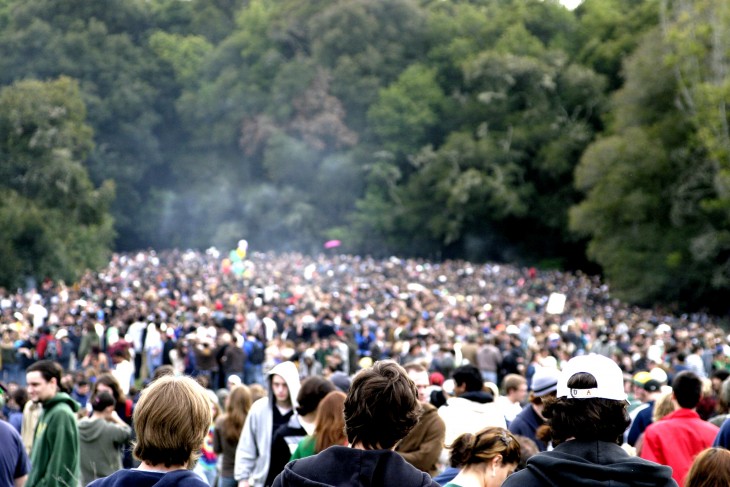A new wave of Cannabis Activism
Activists all over the United States have achieved the most incredible results during the last three years. Legal medical marijuana (or at least legal cannabis oil) is now quasi-ubiquitous, recreational marijuana is slowly conquering new states and, generally speaking, cannabis is becoming more and more acceptable. Like every kind “activism”, however, it’s time for cannabis-activism to question its position and future directions. I sat down and had a conversation with the guys of the Center for the Study of Cannabis and Social Policy in Seattle to talk about what’s happening in a city that now “has it all”: what’s left for the people who fought for cannabis legalization in Seattle? It turns out there is actually quite a lotof work left to do, and new things to reinvent.
After we rolled a couple of nice joints (I brought the weed from http://greenhouseseeds.nl/, our conversation began and we immediately found ourselves talking about prices and quality. Both Seattle and Portland are famous in the United States for being hippie-towns, where everyone is very aware of issues related to food, a lot of people are vegetarian and the vast majority of the citizens buy organic products. Naturally, when cannabis became legal, everyone was expecting “organic marijuana” to be sold, at least here in Seattle. Unfortunately, however, until cannabis remains illegal at a federal level, USDA organic labels are pretty much out of the question. This is the first battle that activists (or neo activists) have to embrace: we need organic pot, and we need cannabis to be legal at a federal level.
Another great problem that filters down from the federal government, is the fact that businessman in Seattle, a place where money circulate quite freely (think about Microsoft, Amazon, Boeing…they were all born here, and they are still growing), cannot access loans or any kind of financial tool if they want to open a cannabis-related business. This, of course, is due to the fact that banks will never invest on something that is still illegal at a federal level.
The activists in Seattle also underline there is a need for a better understanding of the black market: states have to be ready to welcome those who step out of it, and there must be some kind of social and cultural path that allows the talented people who are still involved in illegal activities to use their skills and build a career under the sun.
As you can see, and I say this all the time, legalization is truly only the first step.









